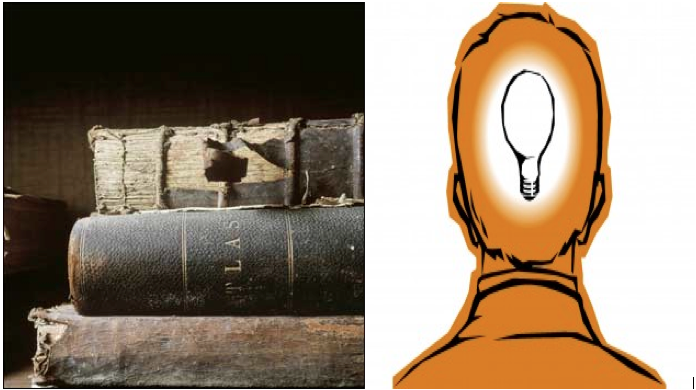Pile of Old Books vs. Citizens as Critical Participants in the Great Education Debates

For a scholar, hiding research behind journal pay walls and subscriptions is safety. As comfortable and warm as cuddling up with a blanket and a book in front a fireplace on a cool fall evening. Should faculty only focus on this traditional notion of scholarly activity in 2014? In 2006, I came to the University of Texas at Austin as a junior faculty member fresh out of graduate school. The department was in a period of transition at the time, as the previous generation of scholars was heading into retirement. One of the aspects of this transition that caused me to ponder the future role of my research was the stacks and stacks of out-of-date journals and books in the hallways that the departing faculty had left behind. I pondered what should and would become of my research in the short-term and the long-term?
I am an educational policy analyst. Inherently in politics and education, there are positions staked out in any given topic under study. I remember early in my career, I published a peer-reviewed paper based on my dissertation critical of No Child Left Behind and high-stakes testing that didn’t sit well with certain people at UT-Austin— I was given a stern talking to. Then, in 2009, that same paper competed university-wide and won the Hamilton Award as The University of Texas at Austin’s best research paper— a first for the College of Education, a person of color, and a junior faculty member. Despite the award, the admonishment that I received served as a warning that my scholarship on equity and educational policy was going to attract adversaries. So I laid low for six years.
In 2012, I emerged from my tenure process chrysalis. In the fall, I decided that I was going to undertake a post-tenure blog project. I was initially inspired to begin the blog because of a media release authored by the KIPP
